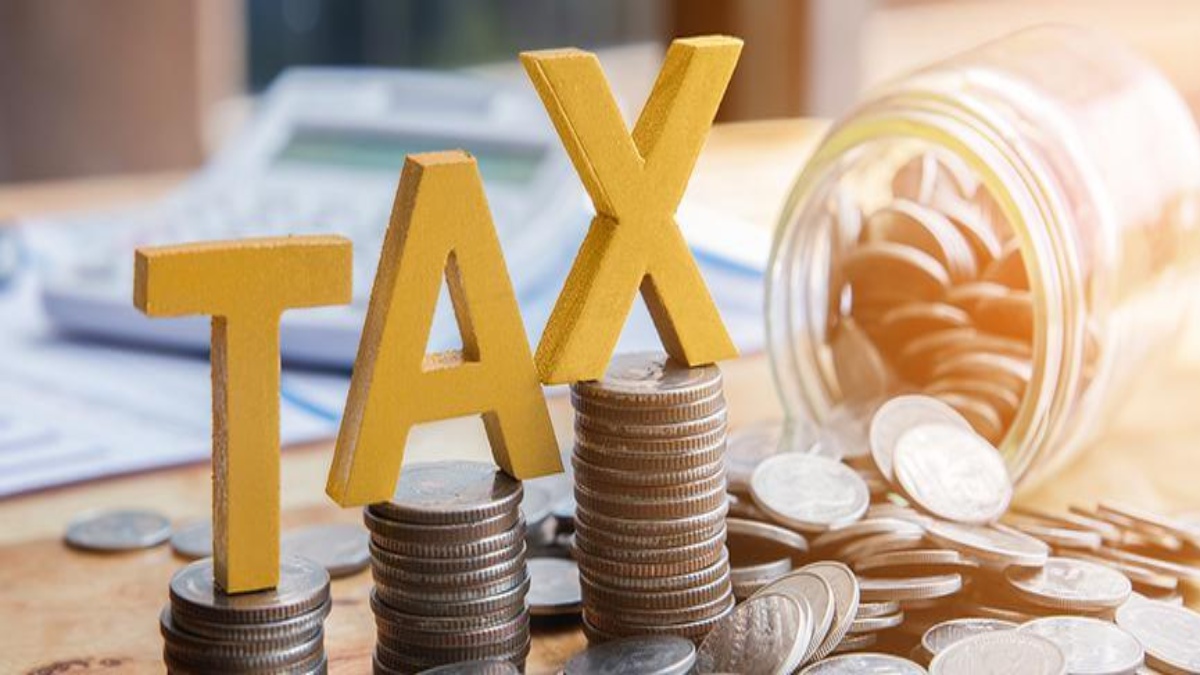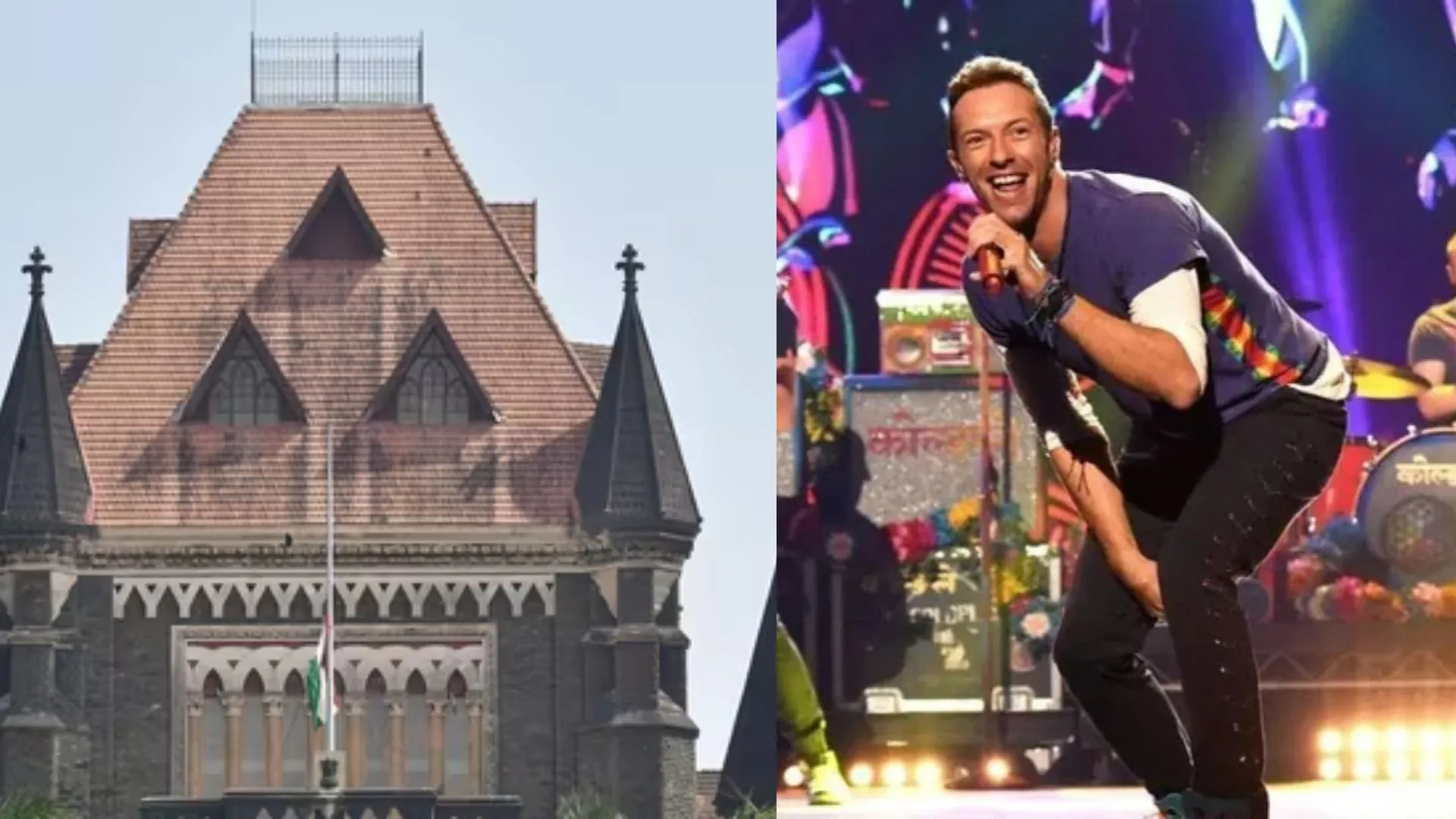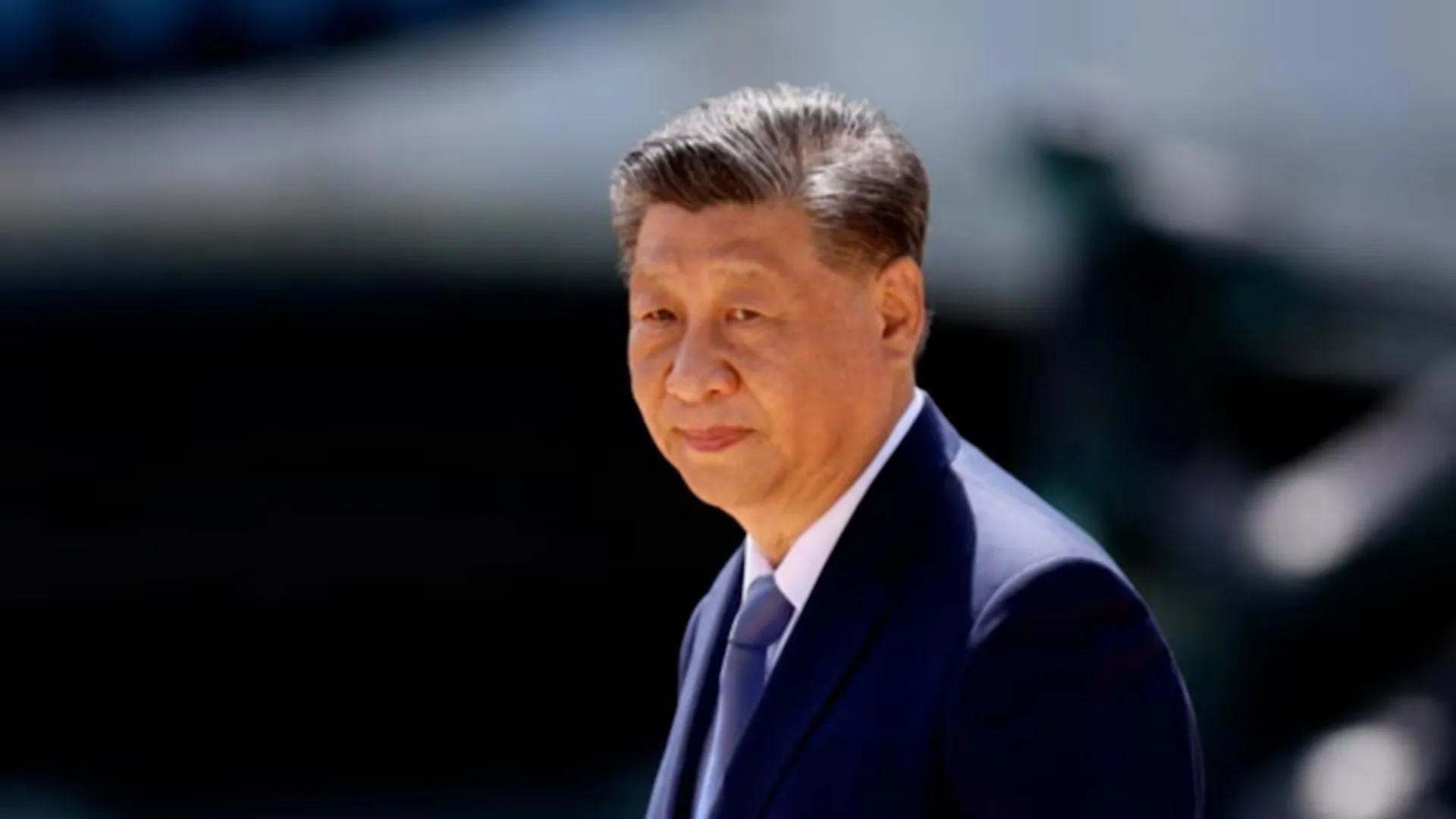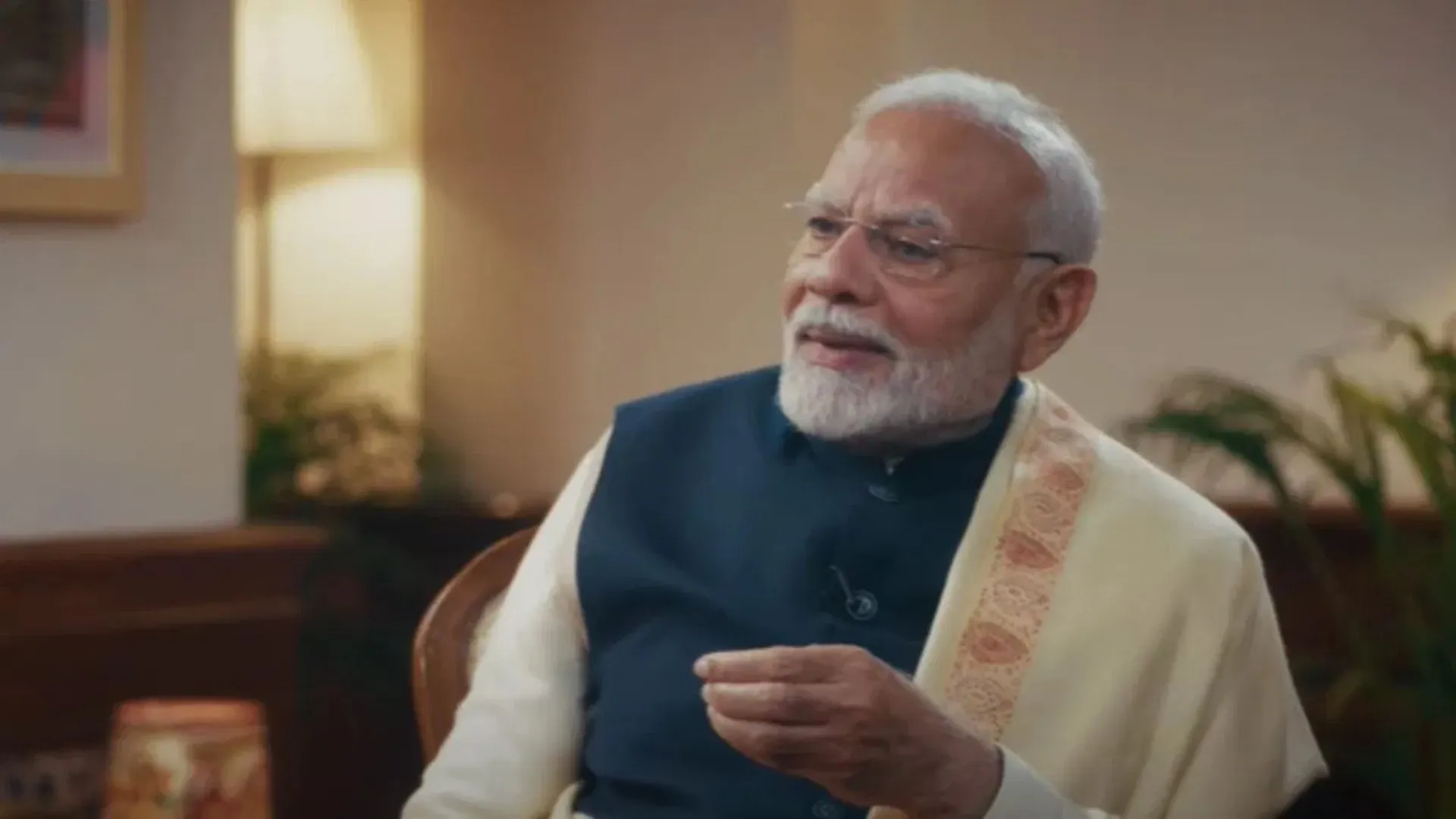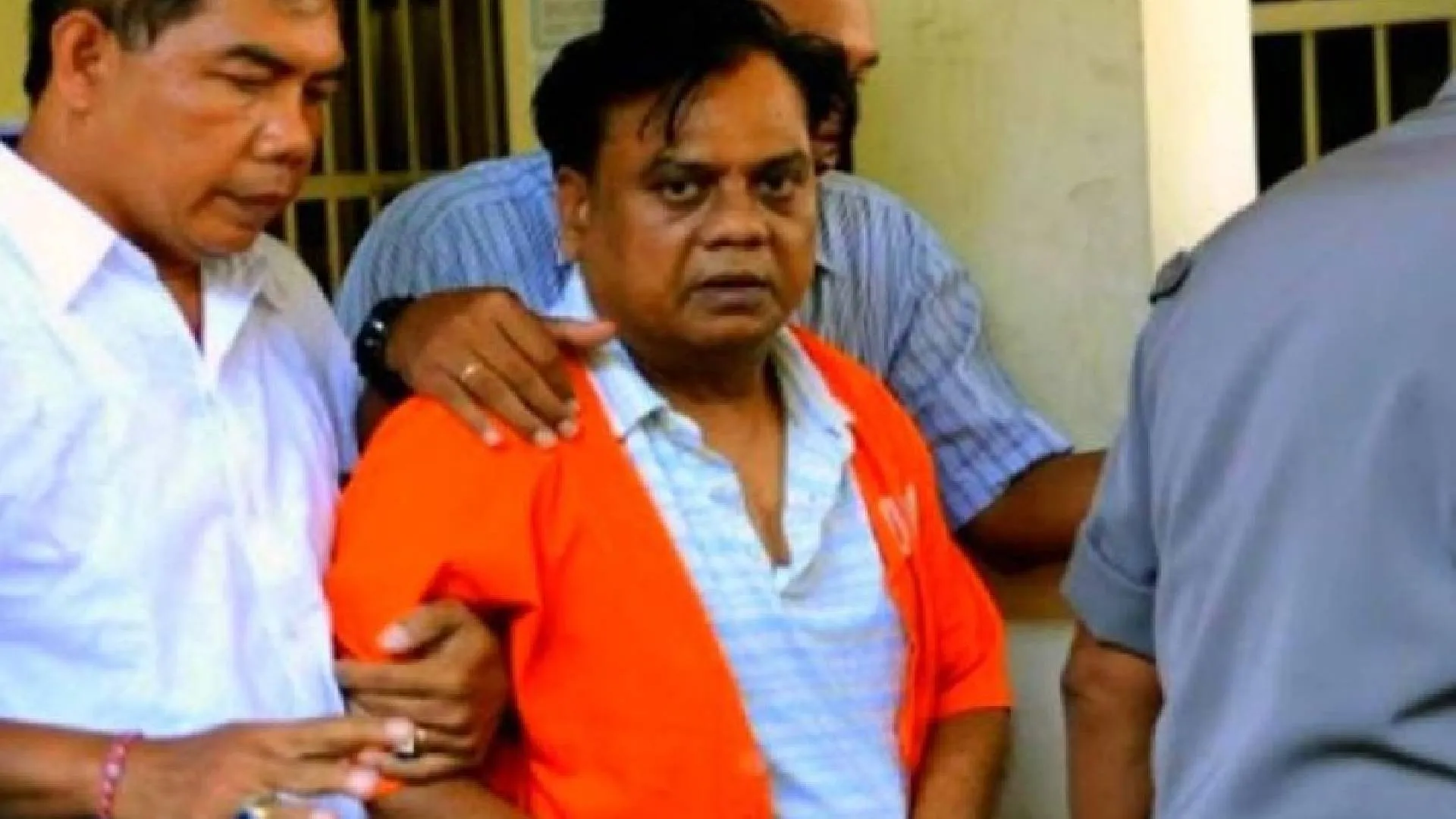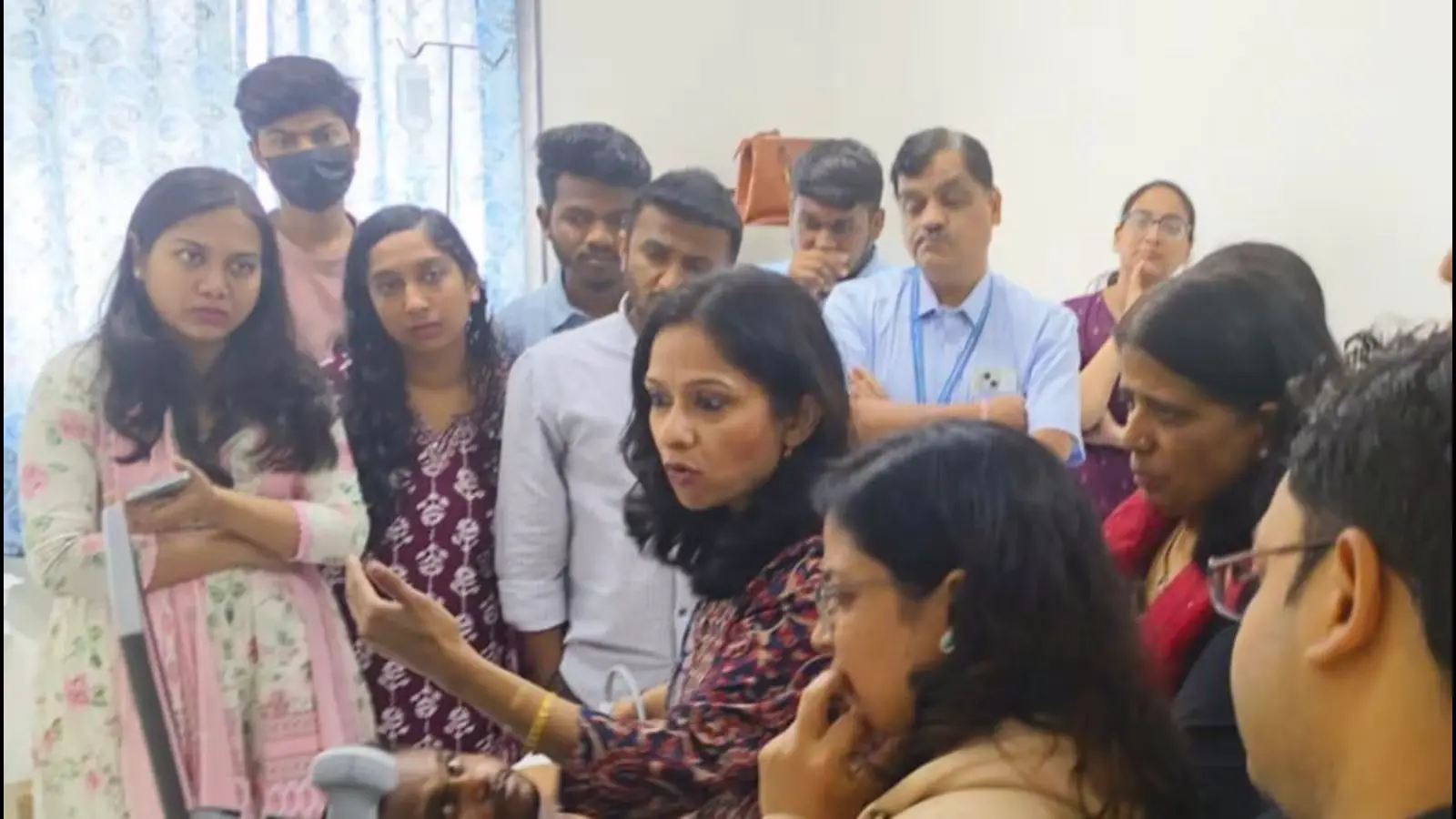Let’s pretend you completed your education a few years ago with a 24 percent grade. You’ve been at your work for ten years and are making a good living. One day, you get an email from your university informing you that your graduation passing grades have been altered to 65%. You will be required to retake your examinations. That’s similar to what Manmohan Singh’s UPA-II administration did in 2012, when it changed tax rules retroactively and demanded that Vodafone pay Rs. 22,100 crore and Cairn Energy pay Rs. 24,500 crore in “back taxes.”
A brief description of the backdrop is required. When Vodafone Group PLC, a British telecommunications company, decided to enter the Indian market in February 2007, it did so by purchasing a controlling interest in Hutchinson Essar, which was then known as “Hutch” in Delhi and “Orange” in Mumbai. Hutchinson Essar was a joint venture between India’s Essar Group and Hutchinson, a Hong Kong-based firm controlled by British entrepreneur Li Ka Shing, who had a 67 percent share in the Indian corporation, which the British-based Vodafone purchased for 11.2 billion dollars through its Dutch subsidiary. The transaction between the Dutch and Hong Kong companies took conducted in the Cayman Islands, a tax haven.
To put it another way, a British firm purchased a share in a business operating in India from a Hong Kong company through its Dutch subsidiary, and the agreement was signed in the Cayman Islands. The Indian tax officials quickly stepped in to help. Because the transaction includes the transfer of assets belonging to an Indian firm, it is taxed in India. They were of the opinion as to: Why should the Indian government be disadvantaged because the conglomerate operating in Hong Kong earn a profit with respect to the sale of a business in India? Vodafone was hit with a 2.2 billion dollar tax demand.
Vodafone filed a case in the Bombay High Court, claiming that this was unjust. However, it was ineffective in persuading them. The issue was heard over by Justices S. Radha Krishanan and A.V. Nirgude, who held,
“Hutchinson receives the money from the transfer, not the Cayman Island Company. As a result, capital gains tax is due.”
The Supreme Court, however, disagreed, and in January 2012, a panel consisting of Honorable Chief Justice S.H. Kapadia, Justice Swatanter Kumar, and Justice K.S. Radha Krishnan ruled that,
“According to Section 2(14) of the Income Tax Act, the sale and source of revenue is outside India. Therefore it doesn’t fall under capital assets.”
This decision was too much for the government to bear. Chidambaram had been replaced as Finance Minister by Pranab Mukharjee by this time. The government at the time believed they were the sovereign, and that the sovereign was paramount. To overturn the May 2012 judgement, they altered the statute, making it retroactive (According to legal precedence, only tax-related modifications are permitted and applied retrospectively.) The criminal laws are not affected).
Amending the Income Tax Act to allow it to tax any overseas transaction involving an Indian asset, whether directly or indirectly. However, this conduct appeared to be in breach of a 1995 Bilateral Investment Treaty (BIT) between India and the Netherlands (lapsed in the year 2016). According to the BIT, India was to ensure that all Dutch firms operating in India were treated fairly and equally. The BIT further stipulated that any disagreement must be handled through arbitration on “The Permanent Court of Arbitration” (PCA) at Hague, Netherlands, which the British telecom corporation promptly sought.
In the PCA, the arbitration panel is made up of three people: one picked by the petitioner, Mr. Y. Fortier (Vodafone), one chosen by the defendant, Mr. Oreamuno Blanco (Government of India), and one neutral, Mr. F. Berman. After numerous postponements, the PCA panel unanimously decided in favor of Vodafone in September 2020, not only rejecting India’s tax demands but also directing the Union of India to pay Vodafone 40 crore rupees as compensation for the costs it incurred.
The BJP has said explicitly that they did not agree of these legislation when the previous Manmohan Singh administration approved them. When it came time to walk the words, they went back on their word and appealed the PCA’s ruling in a Singapore court in December 2020.
While Vodafone was the major target of the revised lsaw, it also hit Cairn Energy PLC, a London Stock Exchange-listed oil and gas exploration firm. Cairn’s transaction, on the other hand, is far more complicated than Vodafone’s. There are five parties engaged in this transaction. “Cairn Energy PLC, Cairn UK Holdings, Cairn India Holdings” (all in United Kingdom), and Cairn India and Vedanta (all in India) are all subsidiaries of Cairn Energy PLC. Cairn India Holdings, located in the United Kingdom, found oil deposits in the Barmer Basin in Rajasthan’s Thar Desert, the country’s largest on-shore oil field to date. Cairn India Holdings is a completely owned subsidiary of Cairn UK Holdings, despite its name. Here, we’ll refer to it as the parent. Cairn energy, of which Cairn UK Holdings is a subsidiary, is also a grandparent. Cairn Energy PLC chose to sell “Cairn India Holdings” to “Cairn India”, another business in the same group, thereby turning Cairn India Holdings into a Cairn India subsidiary. The issue was that it was a barter arrangement. Cairn India was handed a 69 percent share by Cairn UK Holding.
It was a paper transaction, not a cash transaction. This was done so that Cairn India, which was formerly a shell company, could list itself on Indian stock exchanges and claim ownership of Cairn India Holdings’ assets. All of this occurred in and around 2006 and 2007, when the government did not consider it a violation. A few years later, in 2011, Anil Agarwal’s mining business Vedanta purchased a 58.5 percent share in Cairn India Holdings for $8.67 billion dollars. Vedanta also owned the Sterlite Copper Plant in Tamil Nadu, which was shut down in 2019.
The tax authorities swooped in and slapped Cairn India with a capital gains tax of 10,247 crore rupees in a deal that spanned several years in 2014, before adjusting the claim amount by confiscating dividends (worth 1,140 crore) and tax refunds (worth 1,590 crore), and seizing and selling the shares for the balance. The remaining share transfer to Vedanta has been suspended. Cairn Energy has filed a complaint with the PCA, much like Vodafone did before them. India and the United Kingdom, it turned out, have a bilateral investment treaty (signed in 1994 and set to expire in 2017) that protects investments.
In this case, as in the previous one, Stanimir A. Alexandrov (from Cairn Energy), Laurent Levy (President), and J. Christopher Thomas (Nominated by the Indian Government) were on the bench. For the second time in a row, the Indian government was defeated unanimously. The Union of India has been ordered to refund the 1.4 billion dollars in tax, plus fines and interest. Now, 1.4 billion dollars is a large sum of money, and Cairn knew they’d have to fight hard to get it since the Indian government was not going to give it easily. It was required to track down a via-media source. Cairn approached the Indian government through unofficial channels and sought to create a deal in which the 1.4 billion dollars would be invested exclusively in India.
India, like in Vodafone’s case, had decided to challenge the judgement. Cairn then approached other countries that are bound by PCA’s judgement (including the United Kingdom, the United States, the Netherlands, Canada, France, Singapore, the United Arab Emirates, Japan, and the Cayman Islands), and they identified 70 billion dollars in Indian government-owned assets outside of India for this purpose. One of their main goals was to take out Air India. In a case filed in New York, Cairn claimed to be the Indian government’s “alter ego.” Devas multimedia, on the other hand, is a rival for this asset, having already won a 1.2 billion dollar arbitration judgement against the Indian government for cancelling a deal between Devas and ISRO subsidiary Antrix for the leasing of two communication satellites in 2005.
Any seizure of Air India’s assets may jeopardize the government’s attempts to sell the struggling airline to a private bidder. Cairn has already got two court orders to take 20 buildings worth more than 20 million euros in downtown Paris’ 14th and 16th arrondissements or districts. These directives were only revealed to India after they were referenced in Devas’s filings to a Washington court.
Please read concluding on link4din.com/guardians-numeric-wisdom
India, on the other hand, appears to feel that the seizure order only applies to diplomatic staff homes, which cannot be seized (under the 1958 New York Convention of International Arbitration). In another case, a British judge (Honorable Justice David Waksman) permitted Devas to carry out their PCA ruling, despite India’s efforts to render it ineffectual.
Since the BIT judgments are considered sovereign to sovereign assurances rather than between two commercial parties, pre-2016 BIT arbitration judgments are not enforceable in Indian courts (India has signed 86 BITs since 1994 and has had 21 disputes). In 2016, India published a new model Bilateral Investment Treaty template that excluded tax restrictions. It became a whack-a-mole game as Cairn and Devas got orders from various courts across the world, with Indian attorneys racing helter-skelter, seeking to put out fire after fire. This scenario, no matter how complicated, was fraught with political hazards. Any deal would have allowed the Congress to claim that they were working in the best interests of the country, but the present BJP administration is handing the country over to the Chinese. Despite the lack of a conclusion, it conveyed the wrong message to overseas investors, who believed the odds were stacked against them. The exchequer and, indirectly, the tax payer bore the burden of dragging these legacy cases on forever, especially those with little possibility of victory. The retrospective application of changes to India’s tax rules was removed as a result, which solved the problem.
REFERENCES
Bisbo, Vodafone, Cairn & Devas Arbitration cases explained. What went wrong, what India can do. Bisbo YouTube (2021), https://www.youtube.com/watch?v=MgPpOwoGMvo (last visited Aug 23, 2021).
Deepshikha Sikarwar, Government looking into Paris asset freeze secured by Cairn The Economic Times (2021), https://economictimes.indiatimes.com/news/india/govt-looking-into-paris-asset-freeze-secured-by-cairn/articleshow/84488585.cms (last visited Aug 23, 2021).
PTI, India challenges Vodafone arbitration ruling in Singapore: sources The Hindu (2020), https://www.thehindu.com/business/Industry/india-challenges-vodafone-arbitration-ruling-in-singapore-sources/article33408886.ece (last visited Aug 23, 2021).
Sriram Srinivasan, The Hindu Explains | How is the Indian government planning to respond to the Cairn tax ruling? The Hindu (2021), https://www.thehindu.com/business/Industry/the-hindu-explains-how-is-the-indian-government-planning-to-respond-to-the-cairn-tax-ruling/article34063687.ece (last visited Aug 23, 2021).
Special Correspondent, Cairn Energy dispute | Vigorously defending case against arbitration order, says govt. The Hindu (2021), https://www.thehindu.com/business/Industry/india-challenges-12-billion-cairn-arbitration-award/article34626434.ece (last visited Aug 23, 2021).

